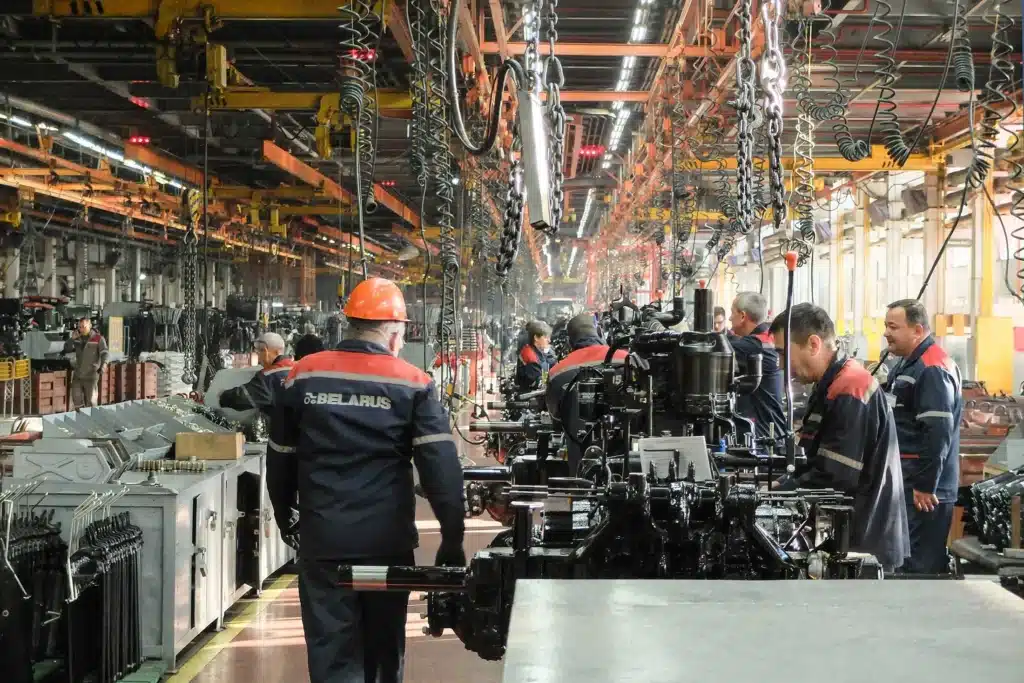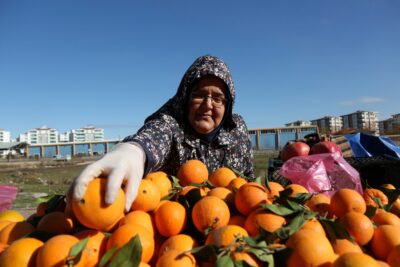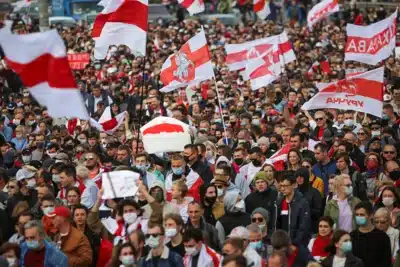
Belarus Economy 2025: How Sanctions and Russian Dependence Shape the Future

- 🚫 The Impact of Western Sanctions on Belarus
- 🇷🇺 Russian Lifeline: Trade and Financial Support
- 🛒 Everyday Effects on Belarusian Citizens
- 💻 Black Markets and Informal Economy
- 🔧 Is Economic Reform Possible Under Lukashenko?
- 🌍 International Outlook: A Closed Economy in a Globalized World
- ❓ FAQs: Belarus Economy 2025
The Belarus economy 2025 stands at a precarious intersection of geopolitical isolation, heavy sanctions, and deep dependence on Russia. For nearly five years, the country has endured sustained economic pressure from the West due to its political repression and role in supporting Russia’s war in Ukraine.
Despite attempts by Lukashenko’s government to present stability, the reality is stark: industries are shrinking, inflation erodes incomes, and the country is more dependent on Moscow than ever before.
🚫 The Impact of Western Sanctions on Belarus
Since 2020, Belarus has faced sweeping sanctions from the EU, US, UK, and allied nations. These measures have targeted:
- Potash exports: Once the backbone of Belarus’s trade, potash shipments are blocked from Western markets, slashing revenues.
- Oil and petrochemicals: Restrictions on refined products cut a key source of hard currency.
- Banking: Major Belarusian banks have been disconnected from SWIFT, complicating international transactions.
- Technology imports: Bans on Western tech limit industrial upgrades and disrupt sectors like IT.
The combined effect has crippled access to foreign investment and restricted Belarus’s ability to trade beyond Russia and a handful of sympathetic states.
🔗 Related reading: Belarusian Economy: Surviving Tough Sanctions (2024 Insights)
🇷🇺 Russian Lifeline: Trade and Financial Support
In response to isolation, Belarus has leaned heavily on Russia. Moscow has extended billions in loans, provided discounted oil and gas, and allowed Belarusian goods to access Russian markets.
However, this lifeline comes at a cost:
- Trade dependency: Over 60% of Belarusian exports now go to Russia.
- Currency vulnerability: The Belarusian ruble is increasingly pegged to Russian monetary stability.
- Policy alignment: In exchange for economic support, Minsk has deepened political and military integration with Moscow.
Some economists warn that Belarus is at risk of becoming a de facto economic satellite of Russia, sacrificing autonomy for survival.
🛒 Everyday Effects on Belarusian Citizens
Ordinary Belarusians are feeling the brunt of the economic crisis. Inflation remains high, estimated at 17% annually in 2025, eroding wages and pensions. Imported goods—electronics, branded clothing, pharmaceuticals—have become scarce or prohibitively expensive.
Key challenges include:
- Food price spikes: Even staples like bread and dairy see rising costs due to disrupted supply chains.
- Job insecurity: Factories dependent on Western machinery face shutdowns, cutting employment in industrial cities.
- Migration pressures: Skilled workers, particularly IT professionals, continue to leave for Poland, Lithuania, and Georgia.
For many, survival depends on informal markets, personal networks, and remittances from relatives abroad.
💻 Black Markets and Informal Economy
Sanctions have fueled the growth of a parallel economy. Citizens increasingly rely on:
- Smuggling networks from Poland and Lithuania for restricted goods.
- Cryptocurrency transactions to bypass banking limits.
- Street trading and barter in rural areas where formal commerce has collapsed.
Telegram groups act as virtual marketplaces where Belarusians buy and sell goods otherwise unavailable under sanctions. This informal economy highlights resilience amid systemic decline but also deepens inequality between urban and rural areas.
🔧 Is Economic Reform Possible Under Lukashenko?
Meaningful reform remains unlikely. Lukashenko’s regime rejects Western demands for political liberalization, making sanctions relief improbable. Additionally:
- Centralized control: The government maintains tight command over major industries.
- Fear of privatization: Opening markets could threaten regime-linked elites.
- Lack of diversification: Heavy focus on Soviet-era industries leaves Belarus poorly positioned for modern global competition.
Experts argue that without political change, Belarus will remain locked in a cycle of stagnation and dependency on Russia.
🌍 International Outlook: A Closed Economy in a Globalized World
Globally, Belarus is now grouped with other isolated economies like North Korea or Syria in terms of limited market access and reliance on a single patron state. The country’s economic trajectory is unlikely to shift unless either:
- Western sanctions ease through negotiations and reforms, or
- Russia’s financial support falters, forcing Minsk to reconsider its economic model.
For now, the Belarus economy in 2025 remains a cautionary tale of how political repression and geopolitical alignment can reshape a nation’s financial destiny.
❓ FAQs: Belarus Economy 2025
Q1: How have sanctions affected the Belarus economy?
Sanctions have restricted exports, cut foreign investment, and isolated Belarus from global finance, driving economic decline.
Q2: Why is Belarus so dependent on Russia?
Minsk relies on Moscow for energy subsidies, loans, and trade access due to Western sanctions and limited alternatives.
Q3: What is the inflation rate in Belarus in 2025?
Inflation is estimated at 17%, significantly impacting household purchasing power and daily living costs.
Q4: How are citizens coping with shortages?
Many turn to black markets, informal trade, or crypto transactions to secure goods and bypass restrictions.
Q5: Is economic reform possible under Lukashenko?
Experts say reform is unlikely without political change, as the regime prioritizes control over liberalization.




